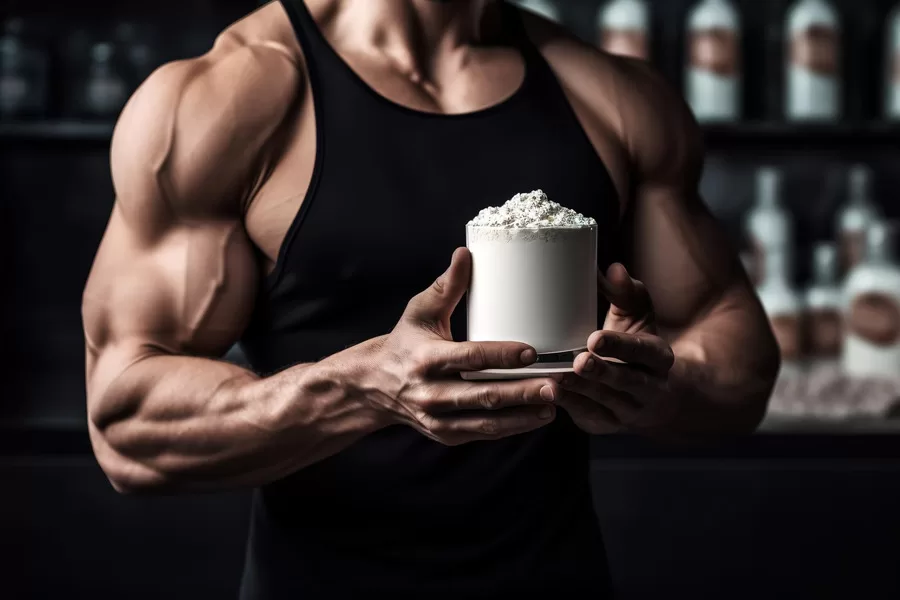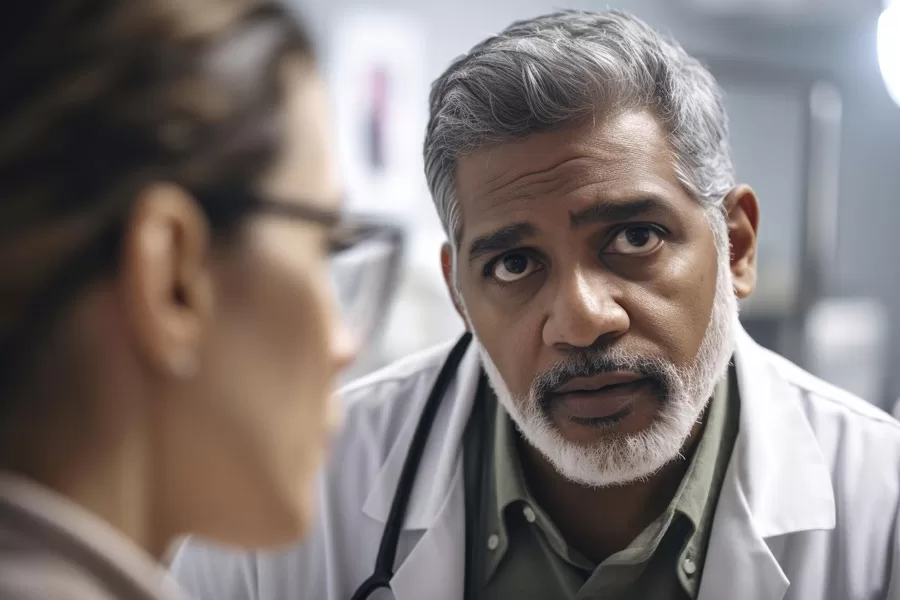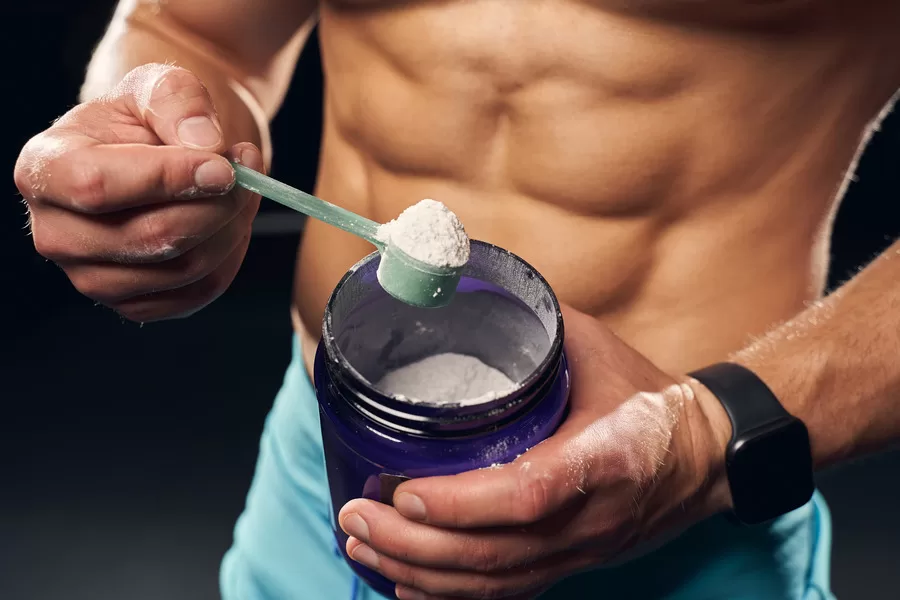
Are you struggling with low energy, decreased libido, or muscle weakness? Whether you’re considering medical intervention or natural supplements, understanding your options is crucial in the journey toward optimal health.
What is Testosterone Replacement Treatment/TRT?
TRT is a treatment for people who don’t have enough testosterone. It’s really important for folks whose bodies can’t make enough of this hormone on their own.
How Do You Get TRT?
There are a few different ways to take TRT, depending on what works best for you:
- Shots: You can get testosterone through shots in your muscle, usually every few weeks.
- Patches: These are sticky patches you put on your skin that slowly give you testosterone levels during the day.
- Gels: You can also use gels that you rub on your skin to get testosterone.
- Implants: There are even small pellets that a doctor can put under the surface of your skin. Over a few months, these pellets release testosterone gradually.
Does TRT Really Work?
Many people find that TRT helps them feel better. Here’s what it can do:
- Make you feel more energetic.
- Improve your sex drive and help with any bedroom troubles.
- Help you build muscle and get stronger.
- Make you feel happier and think more clearly.
But remember, it doesn’t work the same for everyone. The way you take it can also make a difference.
What About Side Effects?
TRT can be great, but it has some risks too. Here’s what you should watch out for:
- Heart Problems: There’s a chance it could affect your heart, especially if you’re older.
- Prostate Issues: TRT might make your prostate grow, which can be a problem if it’s already not doing so well.
- Trouble Sleeping: Some folks find their sleep isn’t as good when they’re on TRT.
- Skin Reactions: If you’re using gels or patches, your skin might get irritated or have an allergic reaction.
- Other Stuff: Things like mood changes, more red blood cells, and fewer sperm can also happen.
Because of these side effects, it’s important to talk to your doctor regularly when you’re on TRT.
All About Testosterone Boosters
Testosterone boosters are like special helpers you can buy easily. They’re made to give your body a nudge to make more testosterone on its own. These are not medicines but are more like extra-strong vitamins.
What’s in These Boosters?
Inside these boosters, you’ll find a bunch of different stuff, mostly from nature:
- D-Aspartic Acid: This is something your body uses to build stuff. It’s thought to help make more of the stuff that leads to testosterone.
- Vitamin D: This is the vitamin you get from sunshine. It’s linked to having the right amount of testosterone.
- Tribulus Terrestris: It’s a plant that some people think helps with testosterone.
- Fenugreek: You might have seen this in the kitchen. It’s also in these boosters for its possible help with testosterone.
These things are supposed to kick-start your body’s own testosterone-making process.
How Well Do They Work?
Whether these boosters work or not is kind of up in the air. Some folks say they feel a big difference, and some research supports this. But other studies aren’t so sure. The bottom line is that this may work well for some, but not for everyone.
Are They Safe?
For the most part, these boosters are safe if you use them how the instructions say. But, there’s a bit of a question mark because they’re not checked as strictly as normal medicines. Sometimes, what’s in the bottle might not exactly match what’s on the label. This is why it’s a good idea to stick to known brands. And if you’re not sure, it’s always a good idea to chat with a doctor first.
TRT vs Testosterone Boosters
When you’re exploring ways to improve your health, particularly your hormone levels, you might hear about TRT and testosterone boosters. These two methods are quite different in how they help you.
How Good Are They at Boosting?
TRT: For those who really need it, TRT can be a game-changer. It can significantly improve energy levels, physical strength, and overall well-being. It’s a direct approach to fixing the problem.
Boosters: These can vary a lot in how effective they are. While some people report feeling more energetic and stronger, others might not notice much difference. It depends on your body’s own capabilities and how it reacts to the supplement.
Looking at Safety
TRT: Generally safe when overseen by medical experts, TRT does come with potential side effects. This is why it’s important to have regular check-ups with your doctor if you’re on this treatment.
Testosterone Boosters: Usually, these are safer because they’re made from natural ingredients. But, since they aren’t regulated as strictly as medical treatments, there’s a bit of uncertainty about their contents and strength.
Choosing What’s Best for You
Deciding between TRT and natural boosters depends on your unique health situation. If a healthcare professional identifies a significant need, they might recommend TRT. For a more natural approach, especially if you’re looking for a slight boost, testosterone boosters might be the way to go. It’s always a good idea to consult with a healthcare provider to make the best choice for your health.
Best Age to Start
TRT: This is usually for adults, especially those over 30. It’s important to have a real need for it, confirmed by a doctor. They’ll check your levels to make sure you need it. It’s not something younger folks typically use unless there’s a specific health reason.
Testosterone Boosters: These supplements are more flexible. Adults of different ages can use them. Younger people, even in their 20s, might take them for a slight boost, especially if they feel their energy levels aren’t up to par. But remember, just because they’re available easily doesn’t mean they should be used carelessly.
Side Effects to Watch For
TRT: It can have some serious side effects if not watched carefully. This could include issues with your heart, trouble sleeping, and effects on prostate health. That’s why it’s really important to have regular check-ups with your doctor if you’re using this treatment.
Testosterone Boosters: Being natural, they usually have fewer side effects. But that doesn’t mean they’re risk-free. High doses or not considering your own health conditions can lead to problems. This might be skin irritation or not playing well with other meds you’re taking.
Making a Safe Choice
Deciding if TRT or natural boosters are right for you depends on your age, health, and what you need. If you’re older and a doctor confirms you really need a boost, TRT might be the way. For a natural, lighter option, especially if you’re younger, boosters can be considered. Just make sure to talk to a healthcare expert before you start anything new for your health.
What to Watch Out for with TRT and Testosterone Boosters
It’s super important to know who should be careful or maybe not use them at all.
When to Be Careful with TRT
TRT is a serious medical thing, and it’s not right for everyone. Here’s what you need to think about:
- Heart Stuff: Got any heart issues or a family history of heart problems? Be extra careful. TRT might up the risk of heart-related problems.
- Prostate Health: If you’ve had prostate cancer or big prostate problems, it’s best to stay away from TRT. It can make the prostate grow more.
- Sleep Apnea: If you have sleep apnea that’s not being treated, TRT could make it worse.
- Clotting Problems: TRT can make blood clot more. If you’ve had clotting issues before, have a good chat with your doctor first.
- Liver Health: People with liver issues should be cautious. TRT can have effects on your liver.
Being Safe with Testosterone Boosters
Testosterone boosters are usually a bit safer, but you still need to be careful:
- Health Conditions: If you’ve got other health things going on, especially with your hormones or heart, talk to your doctor before trying these boosters.
- Medicine Mix: These supplements can mess with other meds. If you’re taking other stuff, make sure it’s safe to mix.
- Young Guys: If you’re still a teenager, be really cautious. Your body is still figuring out its own hormone balance.
- Allergies: Sometimes, people can be allergic to stuff in these supplements. Always check the ingredients.
General Tips
No matter if you’re thinking about TRT or boosters, remember to:
- Always talk to a healthcare expert first.
- Keep an eye on how you’re feeling and tell your doctor about any big changes.
Knowing these precautions helps you make safer choices for your health. It’s all about being informed and careful.
Signs You Might Need TRT or Natural Boosters
Wondering if it’s time to consider TRT or natural hormone boosters?
Common Symptoms
- Low Energy Levels: Feeling unusually tired or lacking energy can be a sign. It’s more than just feeling sleepy; it’s a constant state of fatigue.
- Changes in Libido: A significant drop in your interest in intimate activities can be another indicator.
- Muscle Weakness: If you’re experiencing a decrease in muscle strength or mass, it could be a symptom worth paying attention to.
- Mood Swings: Noticeable changes in mood, like feeling irritable or depressed, can also be a sign.
- Difficulty Concentrating: Struggling with focus and memory can be linked to hormonal imbalances.
- Changes in Body Composition: An increase in body fat, especially around the abdomen, despite maintaining a healthy lifestyle, can be a telling sign.
- Hair Loss: Experiencing hair thinning or loss can sometimes be related to hormonal issues.
Conclusion
TRT is a prescribed solution for those with low hormone levels, available in various forms like injections and topical applications. Natural hormone boosters, available without a prescription, use ingredients from nature to aid the body’s own production. Both options aim to boost energy, physical strength, and well-being, but their results and safety profiles differ. While TRT may lead to certain health concerns such as cardiovascular or sleep issues, natural boosters typically offer a safer profile with less strict oversight. Seeking medical advice is vital before starting TRT or supplementing with boosters, particularly for individuals with existing health conditions.
FAQs
One should consider these options if experiencing symptoms like chronic fatigue, muscle weakness, or significant changes in mood and libido.
TRT provides direct hormonal supplementation under medical supervision, while boosters aim to naturally stimulate the body’s production.
While lifestyle changes can support hormonal health, they may not be a substitute for medical treatments in cases of severe deficiency.
It’s important to consider the body’s natural developmental stage, any existing health conditions, and potential interactions with current medications.
Individuals with certain conditions like heart disease, prostate health issues, or liver problems should approach these treatments with caution.







